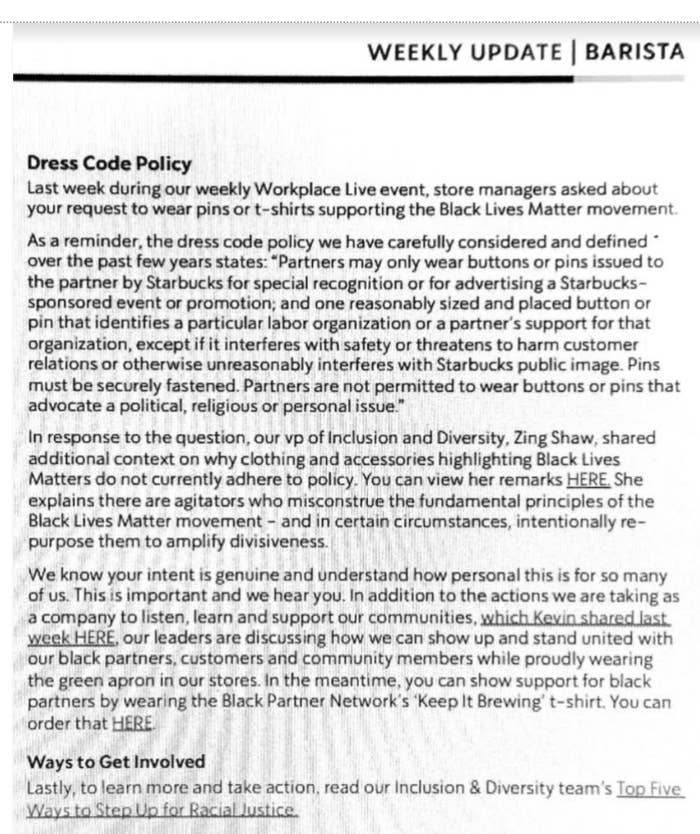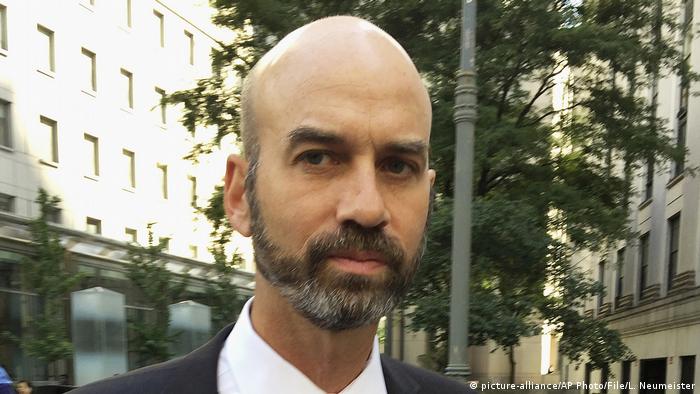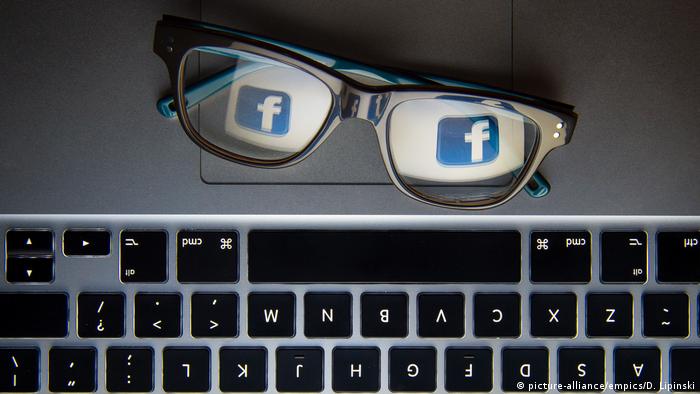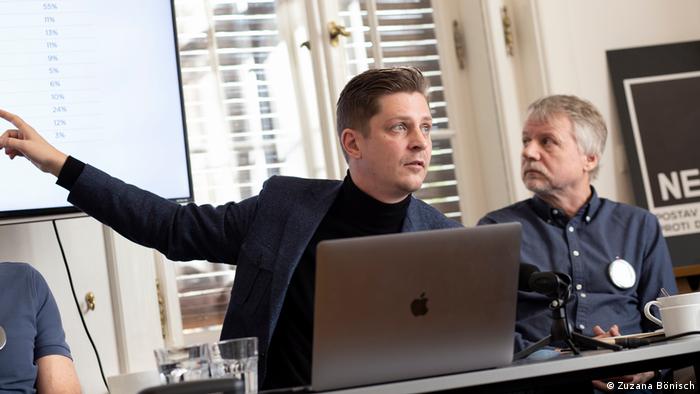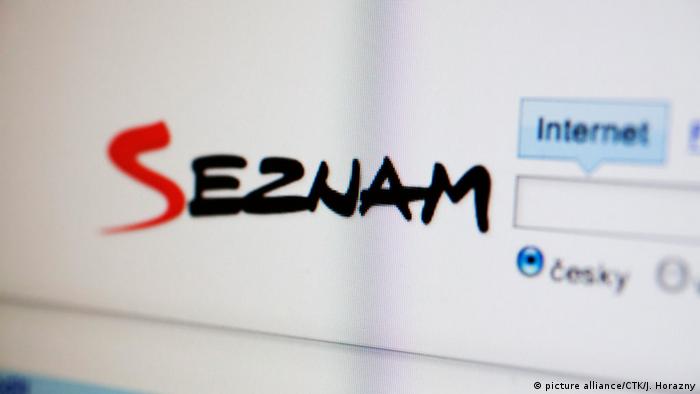
A TikTok from a white physician is making people suddenly aware of an issue that's long affected Black patients and doctors.
Posted on June 10, 2020, at 5:24 p.m. ET
A viral TikTok from a doctor in Portland, Oregon, about systemic racism in healthcare and the disparities in the treatment of Black patients is opening up a dialogue online.
Dr. Jennifer Lincoln, a white OB-GYN, told BuzzFeed News she does not want to take credit for the information she talked about in her viral video, as it's nothing new. She and other doctors said they just hope people are finally listening.
Lincoln, 38, has posted educational videos on the platform before, with some others going viral. But the one she posted on Monday has reached far beyond TikTok. A tweet sharing her video has already been retweeted over 160,000 times.
"A 2016 study showed that 50% of medical students and residents who were studied thought that Black people couldn't feel pain the same way because they had thicker skin or their nerves didn't work the same way," Lincoln says in the TikTok, citing this study.
This disturbing data point is a "holdover from the days of slavery," she continues. "Black people used to be operated on without anesthesia, and were used in studies without their consent."
The result, she said, is Black Americans wait longer in emergency rooms, are less likely to seek medical attention, and their pain is taken less seriously.


TikTok / @drjenniferlincoln
Lincoln told BuzzFeed News she's been generally aware of these implicit racial biases in her career but had never taken the opportunity to research.
"I was aware of it, but not to this degree. One thing I would love to highlight is that this is not new information. Other Black people have been saying it for years. Is the reason it’s gone viral because I’m a white person saying it? This is the problem with racism in itself."
Dr. Jessica Shepherd, an OB-GYN from Dallas who's been outspoken about racial injustices and her experiences working as a Black physician, told BuzzFeed News the Black community has long known about and experienced these issues raised in Lincoln's TikTok.
"I think her message is more important for white people. We already know. We're the ones who it happens to," said Shepherd.
"The system was implemented by [white people], so Black people cannot unfortunately eliminate racism," she continued. "Where this becomes an issue in medicine is that there is a systemic racist infrastructure. It's important for everyone to know about it, but her message is more important for white people to understand and see."
Shepherd noted other dangerous implicit biases against Black Americans, like "how diabetes and hypertension are treated" and how "it can be different between Black and white" patients.
"It's not just about saying, 'Oh, we know in the African American community their hypertension may present like this,' but 'why?'" said Shepherd. "That's when you really dig deep down into not only that it's an issue, but why is it an issue."

Instagram: @jessicashepherdmd
She also believes insurance companies and hospitals should reassess their policies and biases. According to Shepherd — who said she knows firsthand it's an issue because she's the one filing insurance claims — insurance carriers don't provide the same coverage across states.
In areas with a large Black population, this may discriminate against citizens who may need the care the most.
"I've called the insurance companies and said, 'You've approved this in Texas, why won't you approve it in Mississippi?'" she said. "However it affects the African American community, it affects everyone. We as a society have a responsibility to address these issues."

Instagram: @drjrutland
Dr. Cedric "Jamie" Rutland, a 39-year-old critical care physician who owns a practice in Southern California, told BuzzFeed News the racial inequities built into the industry are not only on the patient side.
He recalled an incident two months ago where, after working with a white patient who was diagnosed with an autoimmune disease, she expressed shock after finding out he owned his own practice.
"We were walking out the room and she said, 'This is your practice? You’re Black. How did you build this?'" recounted Rutland. "When that kind of thing happens you’re kind of like, whoa, what were you thinking during your visit? I come across it all the time."
Rutland said when protests erupted after the killing of George Floyd in police custody, he started to "think about all the situations" like this one he has experienced.
"As a Black guy, I can’t really say, 'You’re being racist. Then it becomes 'you’re always making it about race,'" he said.
Lincoln's TikTok has become a launchpad for all kinds of online conversations about why certain racial groups have different medical needs than the white population.

jin_ekooks⁷ 🌸 pets haver@bell_ehooks
@AbebeEllie ALSO, proof it's not a genetic issue but social one: black 2nd-gen immigrants (born in US, parents are immigrants) have a HIGHER maternal mortality than black 1st-gen immigrants! Black girls raised in the US are exposed to stress from systemic racism from childhood and onward.
10:29 AM - 08 Jun 2020
Reply Retweet Favorite
Lincoln said she actively checks in with herself when she's treating a nonwhite patient to determine if an unconscious bias is affecting the care she's giving.
"I’m thinking, Would I be doing this if she were the wife of the CEO of the hospital? That’s just part of my internal check. It’s constantly on us to do that introspection," she said.
She called upon other white healthcare providers to examine their own biases.
"Keep in mind you can walk around and say, 'That’s not me, I’m not explicitly racist,' but so much of racism is systemic and it’s implicit within us. It starts early," she added.
Shepherd is calling on white people to help "change the trajectory" of the history we're writing — even if you're not a medical professional.
"If you’re not a person of color [or] a Black person, there will be someone close to you who will be affected by a disease process they have, or if there's multiple admissions to a hospital and it's not being addressed properly. Those are the moments they could step back and say, 'Hey, is racism a cause for why a person is going through this?'" she said.
She wants white people to ask: "Now, what can I do individually and who can I call attention to to bring light to this issue?"
This Researcher's Observation Shows The Uncomfortable Bias Of TikTok's Algorithm
Lauren Strapagiel · Feb. 26, 2020
Lauren Strapagiel · June 3, 2020
Lauren Strapagiel · June 3, 2020

Tanya Chen is a social news reporter for BuzzFeed and is based in Chicago

Tanya Chen is a social news reporter for BuzzFeed and is based in Chicago


